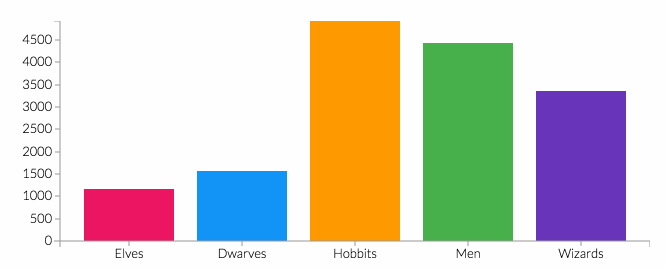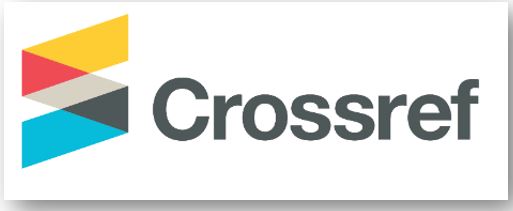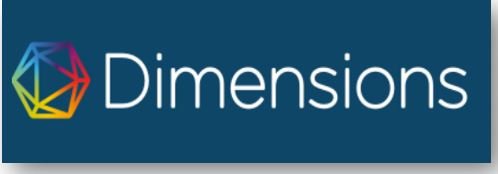Curriculum Development, Guidance, and Innovation in Schools
DOI:
https://doi.org/10.61231/jie.v1i1.85Keywords:
Development, Innovation, curriculum, learningAbstract
The purpose of this research is to explain the purpose of developing, fostering and innovating curriculum. Want to explain the renewal of the school curriculum and the impact of curriculum reform in schools. The research method used is library research starting from collecting research materials to analysis. The results of the research Curriculum development and development activities are activities that alternate or can be said as one cycle, after the development activities are completed, they are continued with coaching activities. Renewal does not by itself bring improvement even though it is intended to improve / improve quality. This depends on the implementation and assessment of the value system is determined. Every curriculum change must have a clear philosophy that underlies it, it also needs intensive outreach to the communityReferences
Bloom, Benjamin S. 1962. Taxonomy of Educational Objective. Handbook I: The Cognitive Domain. New York: David McKay.
Fuaduddin & Karya, Sukama. 1992. Pengembangan dan Inovasi Kurikulum. Jakarta: Dirjen Bimbaga Islam dan Universitas Terbuka.
Hendyat Soetopo dan Wasty Soemanto. 1983. Pembinaan dan Pengembangan Kurikulun (sbg. Substansi Problem Administrasi Pendidikan) Jakarta: Bina Aksara
Holt. Maurice. 1980. School and Curriculum Change. London, New York, San Fransisco, Toronto, Maxico: McGraw-Hill Book Company (UK) Limited.
Kaber, Achasius. 1988. Pengembangan Kurikulum. Jakarta: Depdikbud. Dirjen Dikti Proyek Pengembangan Lembaga Pendidikan dan Tenaga Kependidikan.
Miftachul Ulum,, A. M. (2023). Leadership and Performance of Teachers and Employees of SMK Sunan Drajat Lamongan. Multidisciplinary Journal of Education , Economic and Culture, 1(1), 1–12.
Ragan, B. William. 1966. Modern Elementary Curriculum. New York, Chicago, San Fransisco, Toronto, London: Holt Rinehert dan Wiston.
Saylor, J Gallen & William N Alexander, 1958. Curriculum Planning for Better Teaching and Learning. New York: Rinehart & Company, Inc.
Soetopo, Hendyat & Soemanto, Wasty. 1982. Pembinaan dan Pengambangan Kurikulum ( Sebagai Substansi Problem Administarsi Pendidikan). Jakarta: Bina Aksara.
Subandijah. 1993. Pengembangan dan Inovasi Kurikulum. CitakanPertama Jakarta: PT. Raja Grafindo
Sudirman, N. dkk. 1990. Ilmu Pendidikan. Cetakan keempat. Bandung: PT. Remaja Rosdakarya.
Sukmadinata, Nana Shaodih. 1988. Prinsip dan Landasan Pengembangan Kurikulum. Jakarta: Dirjen Pendidikan Tinggi, Depdikbud.
Subandijah. 1993. Pengembangan dan Inovasi Kurikulum. Citakan Pertama Jakarta: PT. Raja Grafindo
Sumantri. Mulyani. 1988. Kurikulum dan Pengajaran. Jakarta: Dirjen. Pendidikan dan Kebudayaan.
Team Didaktik Metodik Kurikulum IKIP Surabaya. 1979. Pengantar Didaktik Metodik Kurikulum PBM. Jakarta: Rajawali.
Taba, Hilda. 1962. Curriculum Development Theory and Practice Foundation Proses, Design and Strategy for Planning both Primary and Secondary. New York: Horcourt, Brace and Word Inc.
Tanner, Daniel & Tanner, Laurel. 1975. Curriculum Development: Theory and Practice. New York: McMilliam.
Undang-Undang RI No, 20 Tahun 2003 tentang Sistem Pendidikan Nasional dan Undang-Undang RI. No. 14 Tahun 2005 tentang Guru dan Dosen dan penjelasannya.
Ulum, M. (2013). Mahir Analisa Data SPSS Statistical Product, Service Solution. Ghaneswara Yogyakarta.
Ulum, M. (2020). Basic Statistic With Statistical Package for Social Sciences (SPSS) (2nd ed.). Pustaka Ilalang.
Ulum, M. Application of Sharia Principles and Consumer Interest in Sharia Hotels. Miftah : Jurnal Ekonomi Dan Bisnis Islam, 1(1), 11–18
Wiles. Jon & Bonde Joseph. 1989. Curriculum Development A Guide to Practice. Columbus, Toronto, London, Melboune: Merril Publishing Company
Downloads
Published
Issue
Section
License
Copyright (c) 2023 Miftachul Ulum, Abdul Mun'im

This work is licensed under a Creative Commons Attribution 4.0 International License.
You are free to:
- Share — copy and redistribute the material in any medium or format for any purpose, even commercially.
- Adapt — remix, transform, and build upon the material for any purpose, even commercially.
- The licensor cannot revoke these freedoms as long as you follow the license terms.
Under the following terms:
- Attribution — You must give appropriate credit , provide a link to the license, and indicate if changes were made . You may do so in any reasonable manner, but not in any way that suggests the licensor endorses you or your use.
- No additional restrictions — You may not apply legal terms or technological measures that legally restrict others from doing anything the license permits.
Notices:
You do not have to comply with the license for elements of the material in the public domain or where your use is permitted by an applicable exception or limitation .
No warranties are given. The license may not give you all of the permissions necessary for your intended use. For example, other rights such as publicity, privacy, or moral rights may limit how you use the material.














